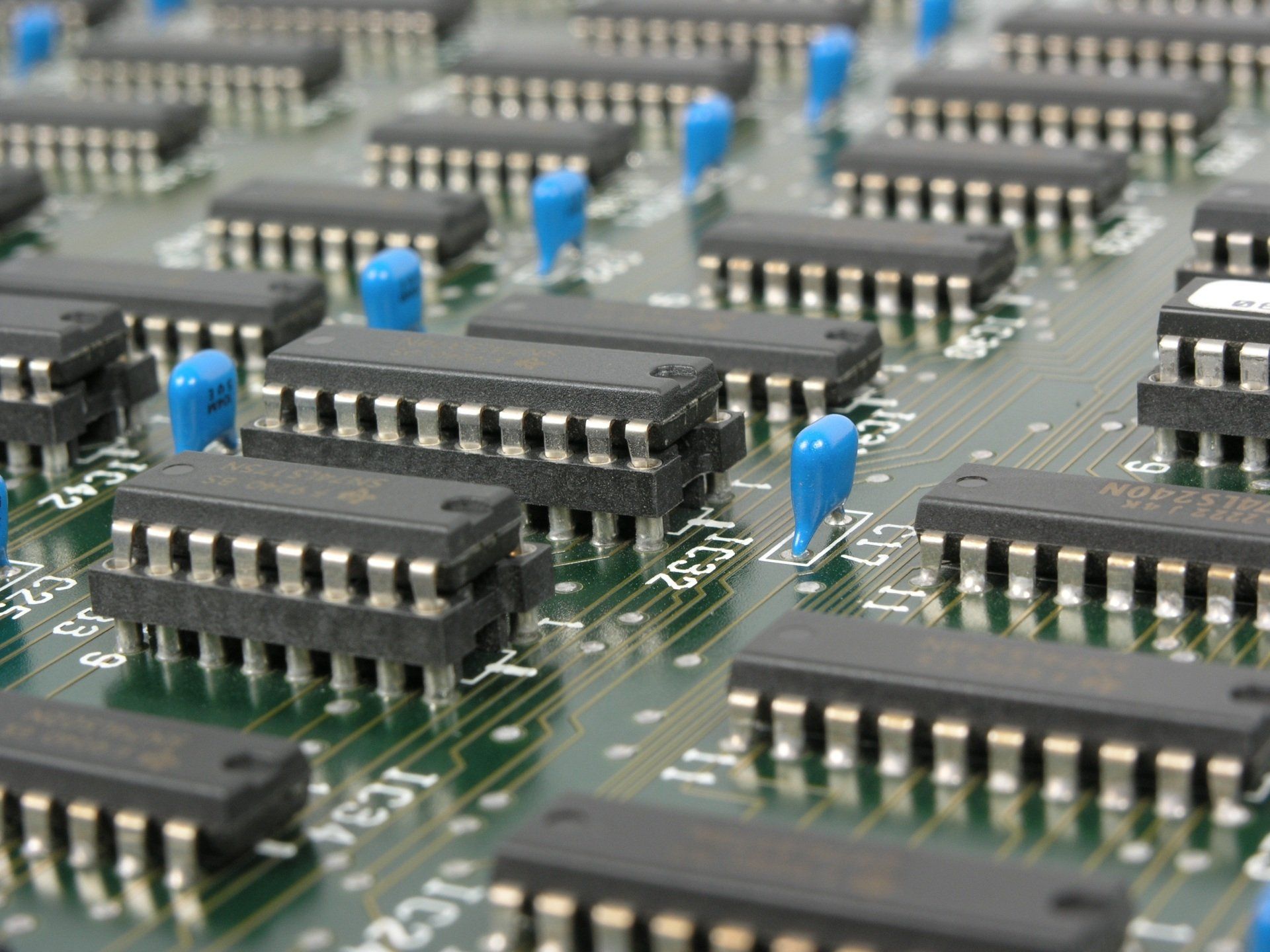Why Hardware Is Not a "Buy for Life" Investment: A Guide for St. Louis Business Owners
by Jon Lober | NOC Technology
Why Ongoing Hardware Upgrades Are Essential for the Success of Your Business

As a business owner in St. Louis, you may have heard the phrase "buy for life.” The idea is that you can make a one-time investment in hardware and it will last you forever. However, this idea is a myth, and it can actually cost your business more in the long run. In this post, we'll explain why hardware is not a "buy for life" investment and why ongoing hardware upgrades are essential for the success of your business.
The Problem with "Buy for Life" Hardware
Hardware technology is constantly evolving, and what was cutting-edge five years ago is now outdated. It's not just that newer hardware is faster or more efficient, it's that it offers new capabilities that weren't possible before. For example, if your business is still using an outdated computer system, you may be missing out on the latest software applications that can help your team work more efficiently. Or if you're still using an old printer, you may be missing out on the latest technology that can help you print more quickly and with higher quality.
The problem with the "buy for life" hardware mentality is that it assumes that your business will never need to change or evolve. But in reality, businesses are always changing, and hardware needs to change with them. If you're not regularly upgrading your hardware, you're likely missing out on opportunities to improve your business and stay ahead of the competition.
The Cost of Outdated Hardware
Outdated hardware can cost your business in a number of ways. First, it can slow down your operations and make it harder for your team to get things done. For example, if you're still using an outdated computer system, you may experience slower processing times, which can cause delays in completing projects and frustrate your employees.
Second, outdated hardware can be a security risk. Older systems are more vulnerable to cyberattacks, and if you're not regularly upgrading your hardware, you could be putting your business at risk. This is especially important for businesses that deal with sensitive customer data or financial information.
Finally, outdated hardware can limit your ability to grow and scale your business. As your business grows, you may need new hardware that can keep up with demand. If you're not regularly upgrading your hardware, you may find that you're unable to keep up with the needs of your customers, and your business may suffer as a result.
The Benefits of Ongoing Hardware Upgrades
While it's true that hardware is not a "buy for life" investment, the benefits of staying up-to-date are significant. Here are just a few of the benefits of ongoing hardware upgrades:
- Improved Productivity: New hardware can help your team work more efficiently and get more done in less time. For example, if you upgrade to a faster computer system, your employees can complete projects more quickly, which can boost productivity and reduce stress.
- Better Security: New hardware is often more secure than older hardware, which can help protect your business from cyberattacks and data breaches.
- Increased Flexibility:
New hardware can offer new capabilities that can help your business adapt to changing needs and opportunities. For example, if you upgrade to a mobile device, your team can work from anywhere, which can be especially important during times of crisis.
- Enhanced Customer Experience: New hardware can help you provide a better customer experience, whether that's through faster response times, more personalized service, or more efficient operations.
Choosing the Right IT Partner
If you're convinced that ongoing hardware upgrades are important for the success of your business, the next step is to choose the right IT partner to help you. Here are a few tips to help you make the right choice:
- Look for a partner with experience: You want to work with an IT partner that has experience working with businesses like yours. Look for a partner that has a track record of success and can provide references from other satisfied customers.
- Choose a partner that offers a range of hardware services: You want to work with a partner that can provide a range of hardware services, from hardware installation to ongoing maintenance and support. This will ensure that all of your hardware needs are covered.
- Look for a partner that is proactive:
You want to work with an IT partner that is proactive in identifying potential hardware issues and recommending solutions. This will help you stay ahead of problems and minimize downtime.
- Choose a partner that offers flexible pricing: You want to work with an IT partner that offers flexible pricing options, such as monthly subscriptions or pay-as-you-go pricing. This will help you manage your hardware costs and avoid unexpected expenses.
- Look for a partner that offers excellent customer service: You want to work with an IT partner that is responsive to your needs and provides excellent customer service. Look for a partner that offers 24/7 support and a dedicated account manager.
The myth of "buy for life" when it comes to hardware investments is just that – a myth. Hardware technology is constantly evolving, and businesses that want to stay ahead of the competition and provide the best possible service to their customers need to be willing to make ongoing hardware upgrades. By choosing the right IT partner and working together to identify and implement the right hardware solutions, you can ensure that your business is always on the cutting edge of hardware technology and poised for success.







